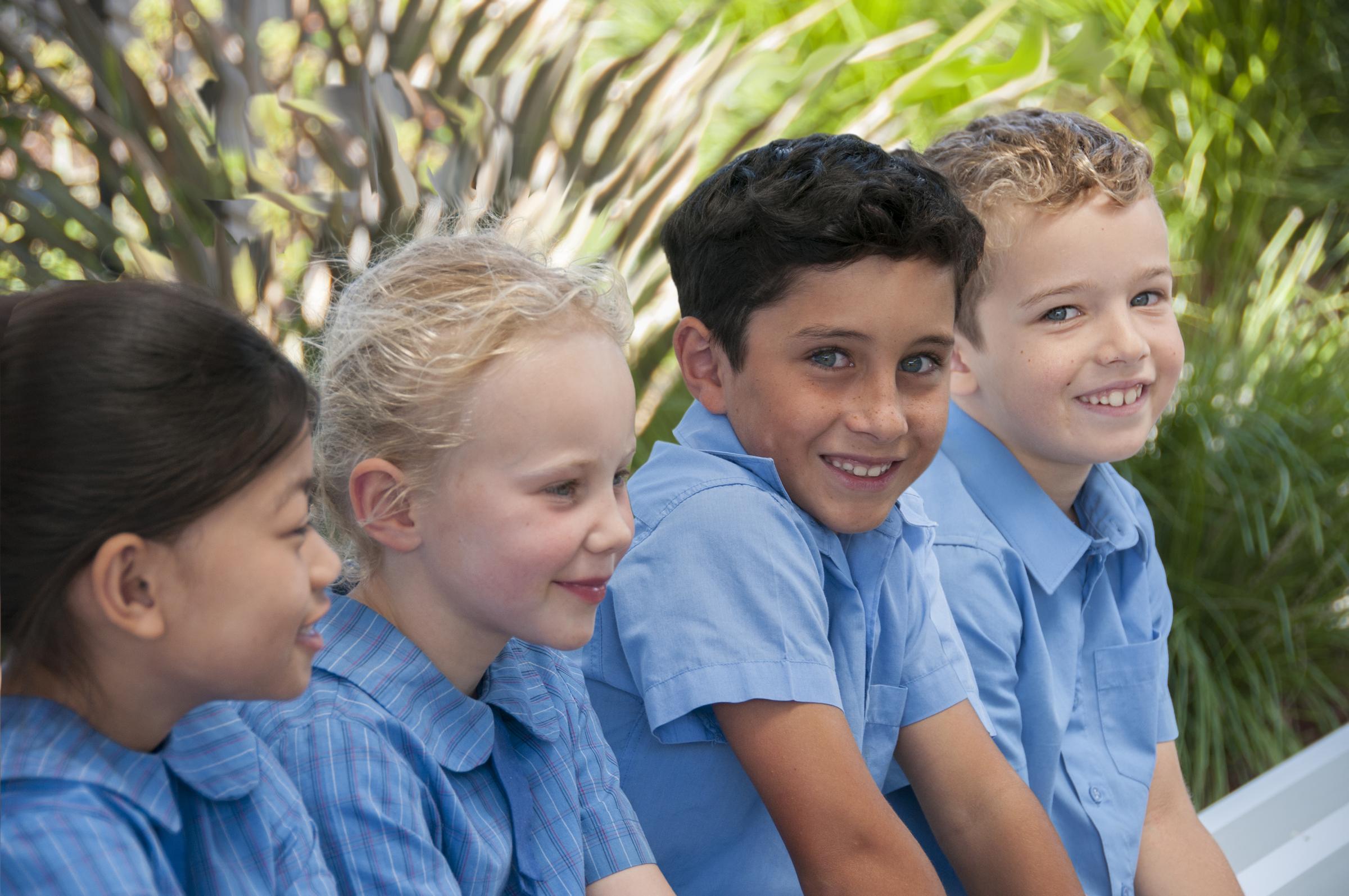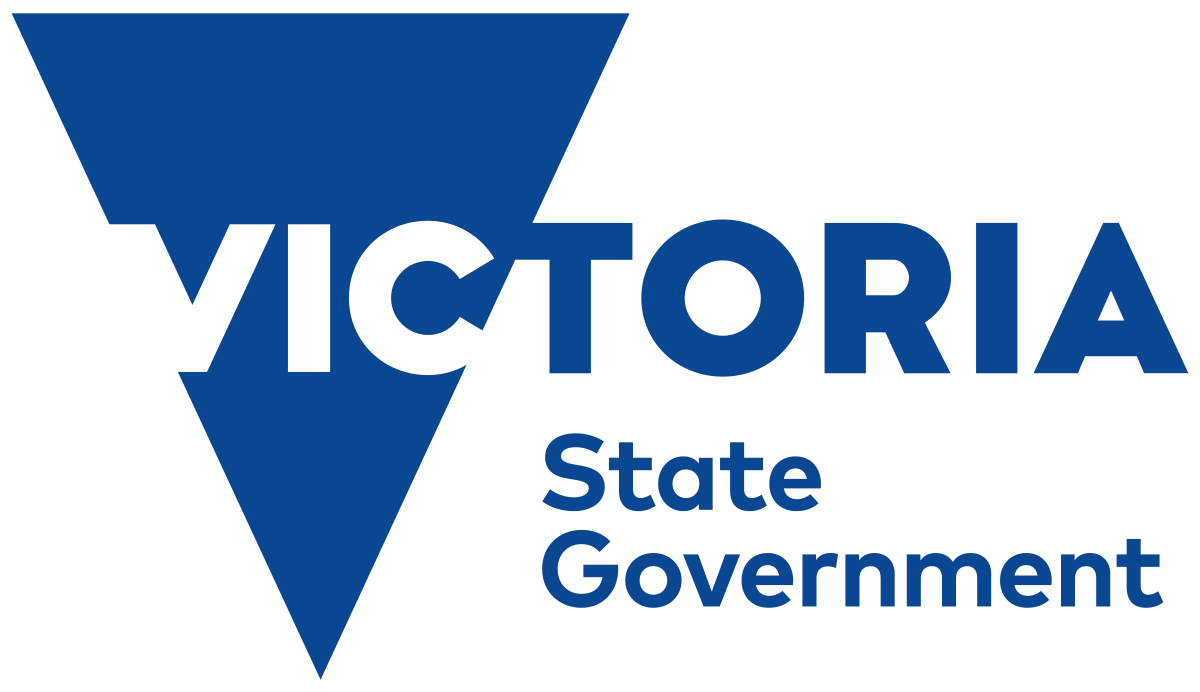Student Well-being

The Year 3/4 Community
We're excited to share the progress our Year 3/4 students have made in understanding emotional intelligence and self-regulation. In recent weeks, our community has been focusing on how people react differently to situations and learning practical strategies to stay calm. A key approach they've been learning is the "Stop. Think. Do." method, where when they feel overwhelmed, students are encouraged to stop what they are doing, think about all of the options available to them and then do one of those options.
Alongside the "Stop. Think. Do." method, our Year 3/4 students are also learning practical calming techniques. These include simple breathing exercises and mindfulness practices to help them manage their emotions and stay composed.
We're proud of the progress our Year 3/4 students have made. It's been heartening to see them apply the "Stop. Think. Do." approach and use calming strategies in their interactions, showing their growing emotional understanding. It has also helped us discuss empathy and explore the idea that what one person might find enjoyable, another might find stressful and frustrating.
We encourage parents and guardians to talk to your children about emotional responses and the "Stop. Think. Do." method at home. By reinforcing these concepts outside of school, we can help students build a strong foundation for emotional wellbeing.
These strategies aren't just limited to playtimes and wellbeing lessons; we have discussed them when math problem-solving, collaborating in inquiry-based team projects, and even seeking assistance while tackling formulas in Google Sheets during our digital technology lessons. It has been fantastic to see our students embracing these strategies to enhance their overall learning experience and give them the best chance of success.
Promoting mental health and wellbeing at home
Positive mental health and wellbeing is important for your child or teen’s healthy development and learning.
Unpacking positive mental health and wellbeing
Positive mental health and wellbeing is important for your child or teen’s healthy development and learning. It supports them to manage the normal challenges of life.
Environments, experiences, relationships and individual characteristics all contribute to mental health and wellbeing.
For children and teens, wellbeing is supported when they:
- feel valued, loved and safe
- have their basic material needs met
- have physical, mental, emotional and social health
- can learn (in and outside the classroom)
- participate in decision-making
- are connected to their community
- have a positive sense of identity and culture.
Mental health exists on a continuum
It can be helpful to think of mental health and mental ill-health as existing along a continuum.
We all move along the continuum as we face challenges and situations that test our capacity to cope and change our mental health. Our mental health can change slowly or quickly.
Most people will experience changes in their mental health at some point during their lifetime. Social, emotional and environmental factors all influence our position along the continuum. Learn more about the mental health continuum.
Even if someone isn’t experiencing mental ill-health, that doesn’t mean their mental health is flourishing. Alternatively, it is possible to be diagnosed with a mental illness and still feel well and function effectively in many aspects of life.
Supporting your child’s wellbeing at home
As parents and carers, you’re already doing lots of things to support your child’s mental health and wellbeing. You can continue to protect your child’s mental health and wellbeing by developing and promoting:
- healthy sleeping habits
- healthy eating habits
- physical activity
- strong and nurturing relationships
- positive self-talk and providing praise, encouragement
- mindfulness, kindness and gratitude
- social and emotional skills
- help seeking.
For a range of videos and articles backed by Australian experts on how to support your child’s mental health, visit Raising Children Network.
Apps
Find practical parenting tips on boosting your child’s mental and wellbeing, plus answers to key questions on when, why and how to seek support at the raising a healthy mind app.
Parenting support
All parents and carers need support to build confidence and skills or to discuss specific concerns.
Online and phone support
- Confidential, anonymous counselling and support for parents and carers of children of all ages. Call 13 22 89 or visit Parentline.
- Resources and advice on supporting your child’s mental health and links to 24/7 phone support line for children and teens at Kids Helpline - parents.
- Free parent coaching service at One on One Support.
- Free specialist LGBTIQ+ helpline with information, support, and referrals for all LGBTIQ+ Victorians, their friends and family at Rainbow Door.
- Parents and carers of transgender and gender diverse children can get peer support, information, referrals and connections at Parents of Gender Diverse Children.
- Transcend provides peer support, information, advocacy and connections to parents and carers of transgender and gender diverse children.
Parenting programs
- Triple P- Positive Parenting Program is an evidence-based toolbox for raising happy and confident children and teens. All families in Victoria can do free Triple P programs to help support every child’s emotional wellbeing and every family’s mental health.
- For help gaining the skills and confidence to support your child's development, visit Regional Parenting Services.
- If you have a child with a disability or developmental delay, get support at the Strengthening Parent Support Program.
More information on Victorian Government Services for parents and carers.
Article Taken from the Victorian Government Website at: https://www.vic.gov.au/promoting-mental-health-and-wellbeing-home
Lauren Borg
Student Wellbeing Leader


